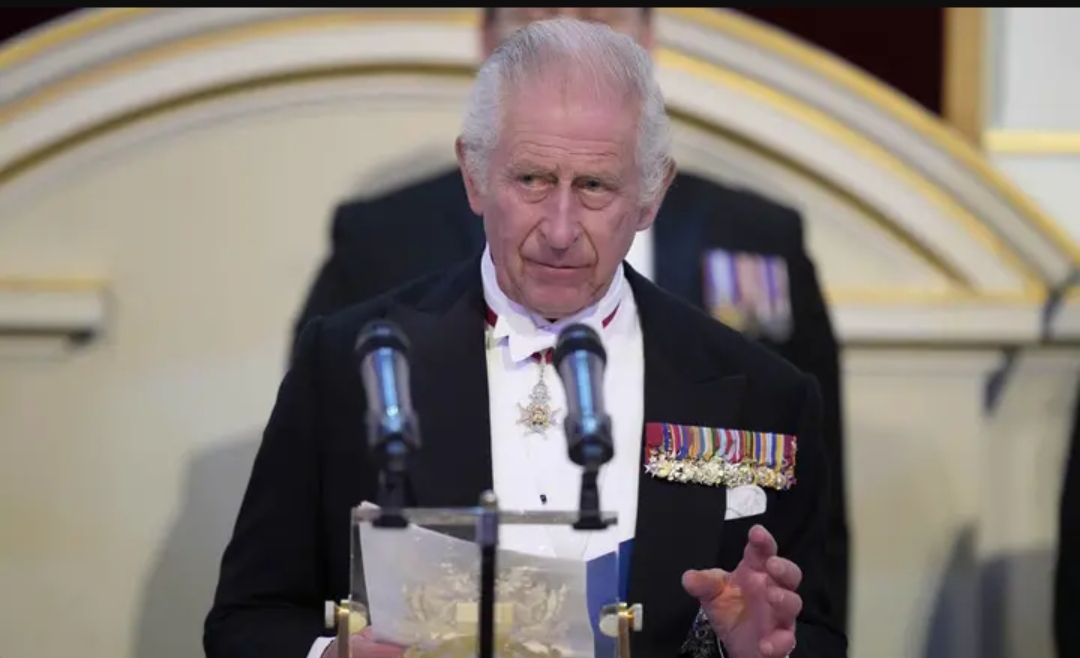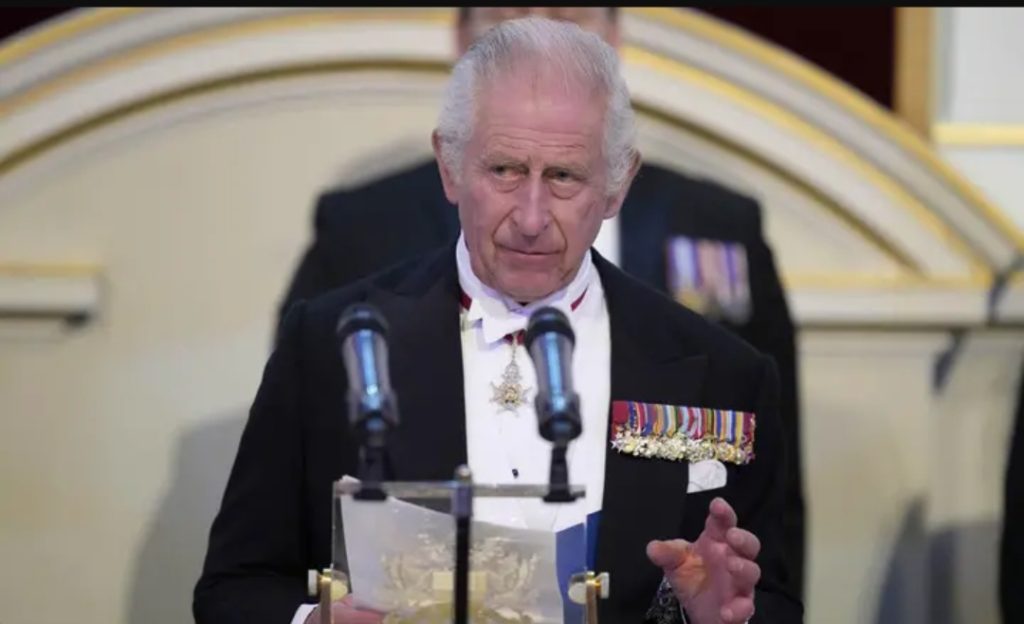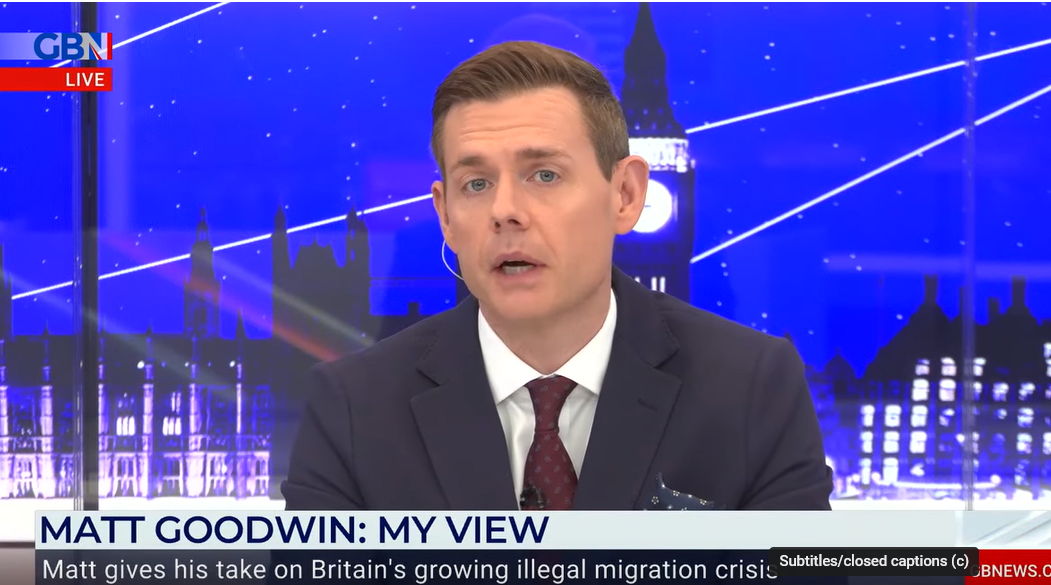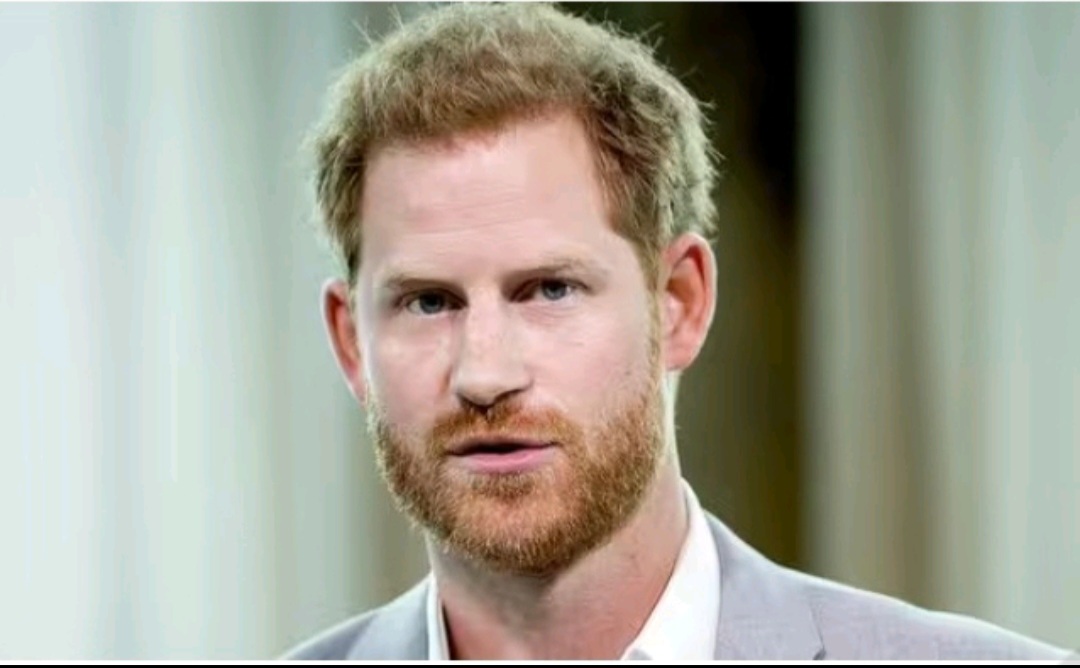Constitutional Shift: King Charles’ Unprecedented Move to Prorogue Parliament After Seven Decades

As reported by The Standard, In an unprecedented move, King Charles has decided to prorogue the Parliament for the first time in over seven decades, sending shockwaves through the political landscape of the United Kingdom.

The decision, seen by many as a bold and historic step, has raised questions about the King’s role in governance and the implications it might have for the country’s democratic processes.
Proroguing Parliament, the formal suspension of the legislative body, is a rare occurrence in modern British politics. The last time it happened was back in 1953, under King Charles’ great-uncle, King George VI. The move has ignited debates about the circumstances surrounding this decision and the King’s authority in today’s constitutional monarchy.
The King’s official statement cited the need for a “period of reflection and renewal” in the nation’s politics. While this explanation has left many wondering about the true motivations behind the prorogation, supporters argue that it could be an opportunity to address longstanding issues and reset the political agenda.
The decision to prorogue Parliament was made following a series of consultations with Prime Minister [Prime Minister’s Name] and the Privy Council, and it is expected to last for [Number] weeks. During this time, all parliamentary activities, debates, and legislative processes will come to a halt, which has generated concern among opposition parties and citizens who fear that their voices will be temporarily silenced.
Opposition leaders have raised questions about the King’s role in the political process. While the monarchy is largely ceremonial in the UK, the King does hold certain constitutional powers, including the ability to prorogue Parliament. Critics argue that this move could undermine the principles of parliamentary democracy and checks and balances, and it might set a dangerous precedent.
The decision also comes at a time when the nation is grappling with critical issues, including [mention relevant national issues], and the suspension of parliamentary activities could delay important policy discussions and decision-making processes.
The King’s move has drawn mixed reactions from politicians, with some members of the ruling party expressing support for the decision, believing it could offer a fresh start for the government. On the other hand, opposition parties have called for transparency and assurances that the prorogation is not an attempt to stifle dissent and criticism.
Protests have erupted across the country, with citizens taking to the streets to voice their concerns over what they perceive as an erosion of democratic values. Social media platforms have been flooded with hashtags like #ParliamentProrogued and #DemocracyMatters, reflecting widespread public anxiety.
Constitutional experts and legal scholars are divided on the legality and implications of the King’s decision. While some argue that proroguing Parliament is well within the monarch’s prerogative, others suggest that it raises critical questions about the balance of power between the Crown and Parliament.
As the nation grapples with this historic development, many are looking to members of Parliament and the courts for guidance and oversight. The coming weeks will be crucial in determining the long-term consequences of this rare event.
King Charles’ decision to prorogue Parliament for the first time in more than seven decades has sparked controversy and concern. It has ignited debates about the role of the monarchy in modern British politics and the potential impact on the country’s democratic processes. As the prorogation unfolds, the nation will closely watch how this historic moment shapes the future of the United Kingdom’s political landscape




